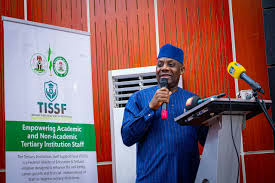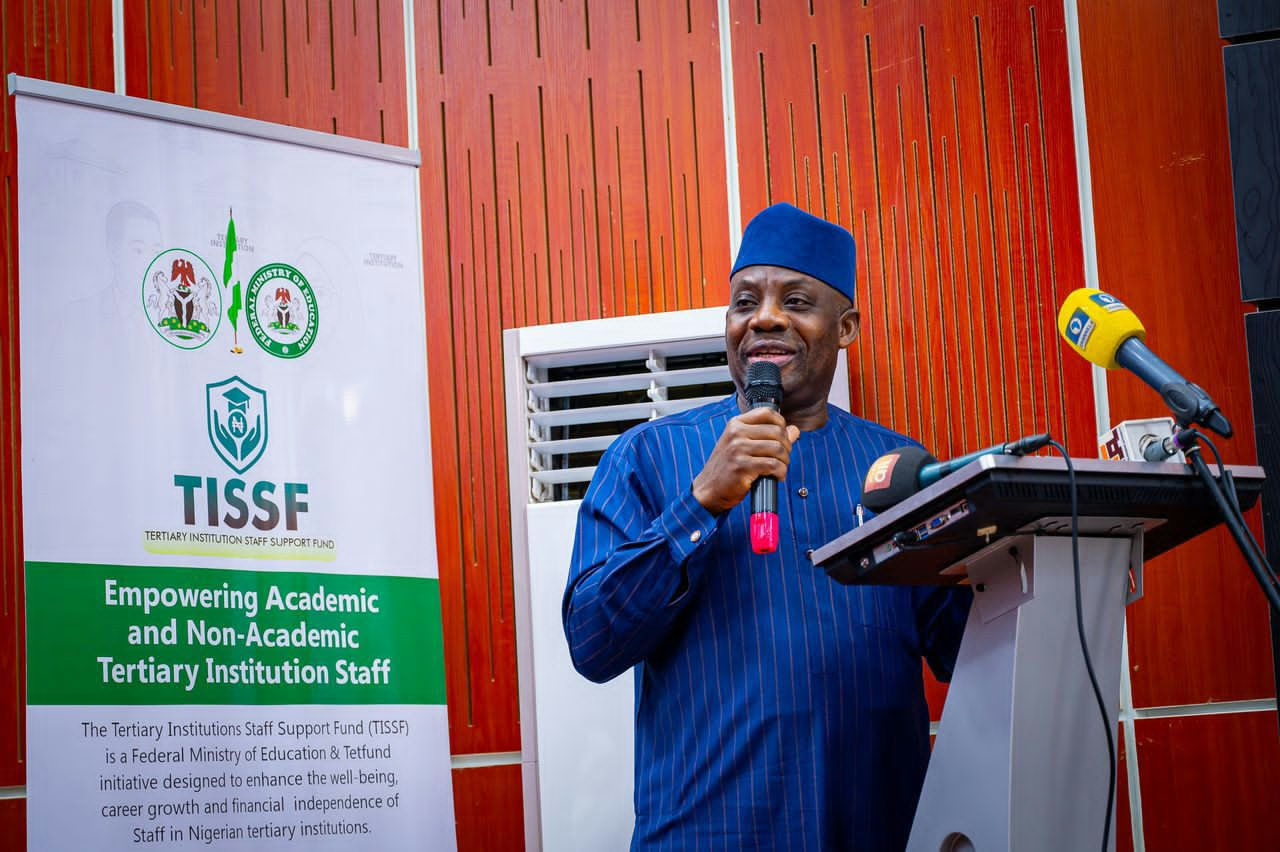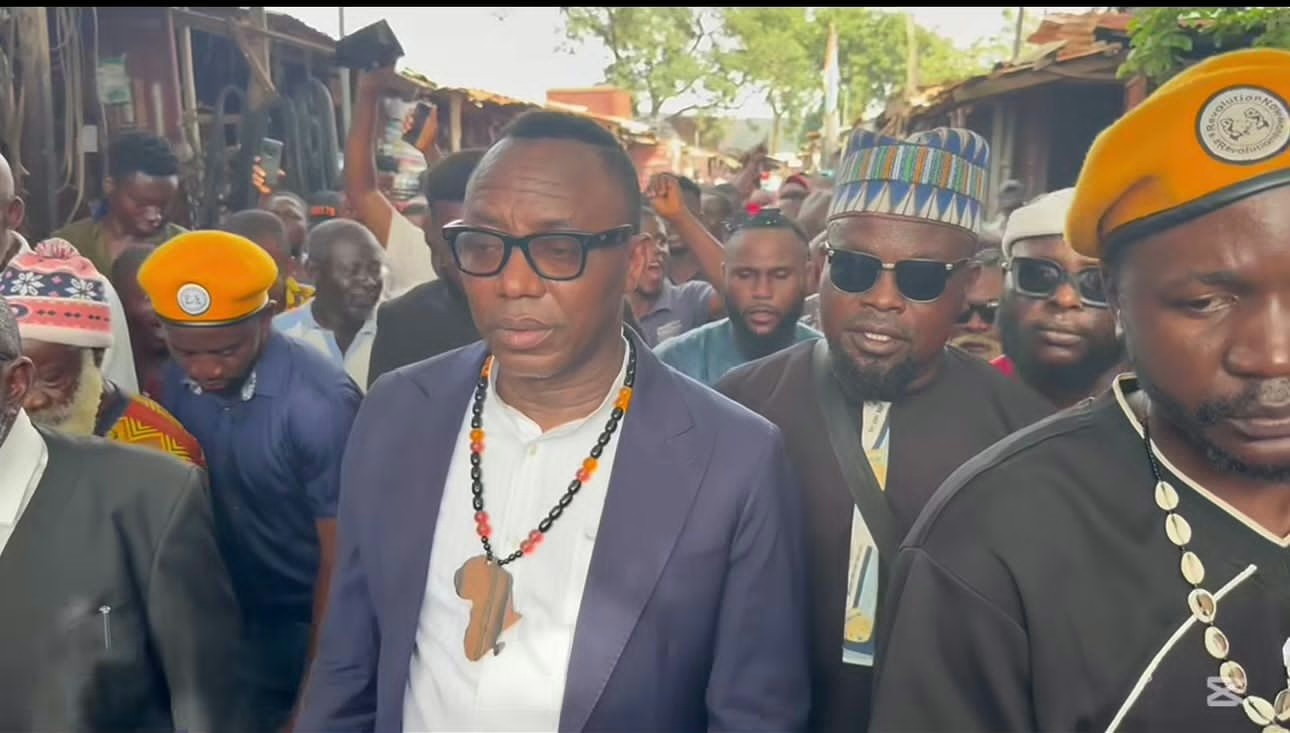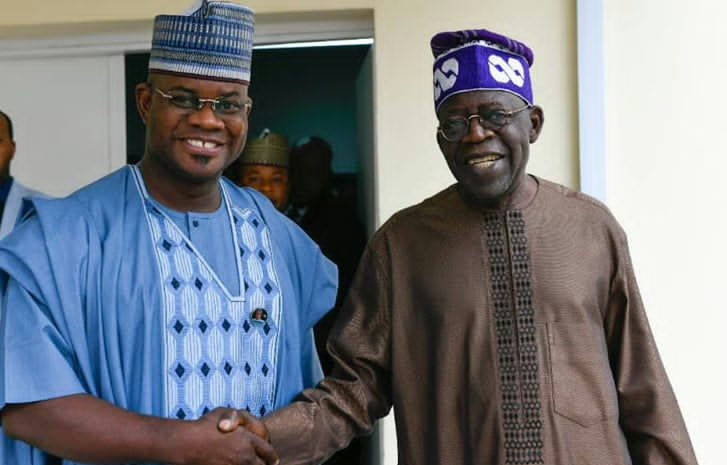The Federal Government has unveiled a revised school curriculum that introduces new subjects across primary and secondary schools nationwide, set to take effect from September 2025.
The new framework, developed by the Nigerian Educational Research and Development Council (NERDC) in collaboration with UBEC, NSSEC, NBTE, and other stakeholders, aims to reduce subject overload while equipping students with 21st-century skills.
Under the plan, digital literacy, entrepreneurship, and practical learning have been added as core areas of focus. Primary 1–3 pupils will take nine to 10 subjects, Primary 4–6 pupils will handle 10 to 12, junior secondary students will study 12 to 14, while senior secondary students will focus on eight to nine subjects. Technical schools will cover nine to 11.
The curriculum also introduces six practical skills for junior secondary students to choose from: Solar Photovoltaic installation and maintenance, Fashion Design and Garment Making, Livestock Farming, Beauty and Cosmetology, Computer Hardware and GSM Repairs, and Horticulture and Crop Production.
Senior secondary students will take five compulsory subjects — English Language, General Mathematics, one trade subject, Citizenship and Heritage Studies, and Digital Technologies — along with electives from their chosen specialization: sciences, humanities, or business.
The Federal Ministry of Education said the rollout for the 2025/2026 academic session will ensure that Nigerian students are better prepared for higher education, the job market, and entrepreneurship in an increasingly digital World.











Leave a Reply